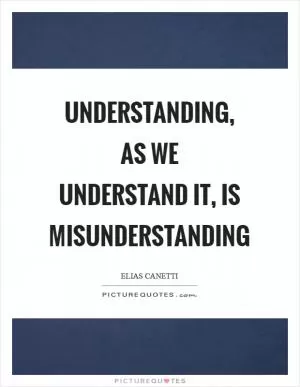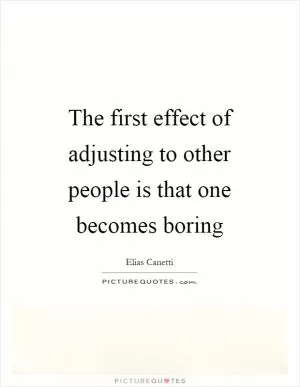Most religions do not make men better, only warier

Most religions do not make men better, only warier
Elias Canetti, a Bulgarian-born Swiss writer and Nobel laureate, was known for his insightful observations on human behavior and society. One of his most famous quotes, "Most religions do not make men better, only warier," speaks to the complex relationship between religion and human nature.Canetti's statement suggests that while religions may offer moral guidance and spiritual comfort to their followers, they also have the potential to breed fear, suspicion, and conflict. Throughout history, we have seen how religious beliefs have been used to justify violence, discrimination, and oppression. From the Crusades to the Inquisition to modern-day religious extremism, the dark side of religion is all too apparent.
One of the reasons why religions can make men "warier" is the emphasis on sin, punishment, and divine judgment. Many religious traditions teach that humans are inherently sinful and in need of redemption. This can create a sense of guilt, shame, and fear of divine retribution, leading individuals to become more cautious and guarded in their actions. The fear of eternal damnation or punishment can also drive people to conform to religious rules and norms, even if they go against their own moral compass.
Furthermore, religions often promote a sense of "us vs. them" mentality, dividing the world into believers and non-believers, the chosen and the damned. This can foster a sense of superiority and righteousness among followers, leading to intolerance, bigotry, and conflict with those who hold different beliefs. The history of religious wars, persecution, and terrorism is a stark reminder of the destructive power of religious fanaticism.
However, it is important to note that Canetti's statement is not a blanket condemnation of all religions. Many religious traditions also promote love, compassion, and social justice, inspiring individuals to work for the common good and strive for a more just and peaceful world. It is the misuse and misinterpretation of religious teachings that can lead to wariness and conflict, rather than the religions themselves.












 Friendship Quotes
Friendship Quotes Love Quotes
Love Quotes Life Quotes
Life Quotes Funny Quotes
Funny Quotes Motivational Quotes
Motivational Quotes Inspirational Quotes
Inspirational Quotes